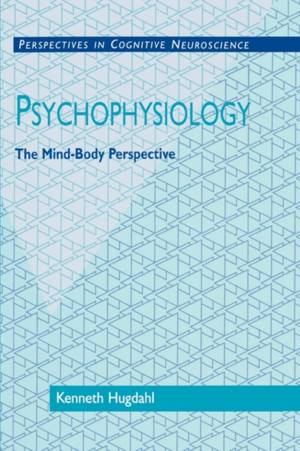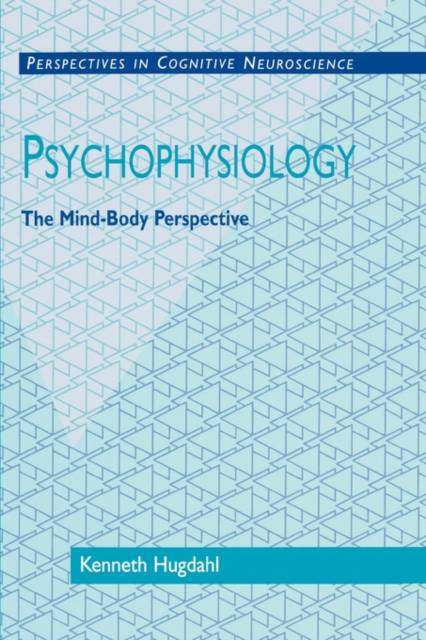
- Retrait gratuit dans votre magasin Club
- 7.000.000 titres dans notre catalogue
- Payer en toute sécurité
- Toujours un magasin près de chez vous
- Retrait gratuit dans votre magasin Club
- 7.000.0000 titres dans notre catalogue
- Payer en toute sécurité
- Toujours un magasin près de chez vous
Description
In our high-speed culture, terms like "stressed-out," "Type-A personality," "biofeedback," and "relaxation response" have become commonplaces. More than ever before, we are aware of the relationship between our mental and emotional states and our physical well-being. Findings from the field of psychophysiology, which investigates the reflexive interaction between psychology and physiology, have revised our approach to illness and its prevention and treatment. We know, for example, that stress, combined with other factors, increases vulnerability to heart attack and stroke. Successful treatment must include lifestyle changes to reduce the effects of stress on the body.
In this important text, Kenneth Hugdahl presents a comprehensive introduction to the history, methods, and applications of psychophysiology and explores other areas concerned with the "mind-body interface," such as psychosomatic medicine, behavioral medicine, clinical psychology, psychiatry, neuropsychology, and cognitive neuroscience. By showing how social, behavioral, cognitive, and emotional events are mirrored in physiological processes, he gives us a clearer understanding of complex cognitive processes. This book illustrates psychophysiology's importance as a research and clinical tool and highlights its many contributions to the assessment and diagnosis of physical disorders. It also provides a framework for extending psychophysiological insights to other areas of psychology and neuroscience.Spécifications
Parties prenantes
- Auteur(s) :
- Editeur:
Contenu
- Nombre de pages :
- 448
- Langue:
- Anglais
- Collection :
- Tome:
- n° 7
Caractéristiques
- EAN:
- 9780674005617
- Date de parution :
- 16-03-01
- Format:
- Livre broché
- Format numérique:
- Trade paperback (VS)
- Dimensions :
- 155 mm x 233 mm
- Poids :
- 621 g

Les avis
Nous publions uniquement les avis qui respectent les conditions requises. Consultez nos conditions pour les avis.






